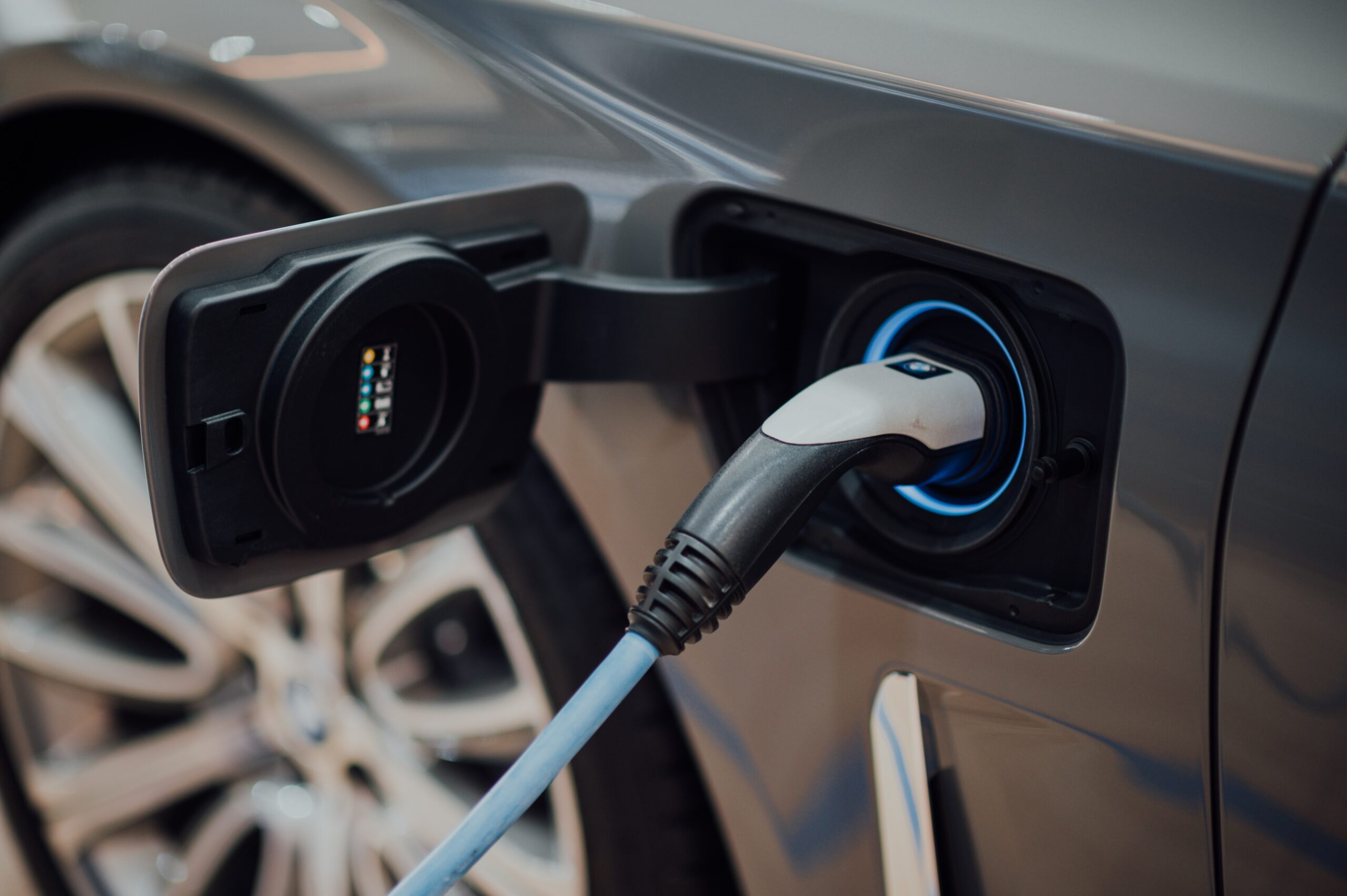In today’s rapidly evolving landscape, China has firmly established its dominance in the global battery industry through strategic control over essential rare minerals, commanding the processing of these minerals, and spearheading the production of crucial battery components. With a firm grip on the supply chain, China not only manufactures the majority of battery parts but also takes the lead in producing the highest number of batteries and electric cars. This remarkable level of influence positions China at the forefront of the burgeoning electric vehicle market.
Essential rare minerals are under the control of China
China has control over the global supply of rare minerals due to the significant investments and acquisitions of global mining companies on multiple continents. This long-term strategy implemented by China aims to secure a cost-effective and consistent supply of rare minerals, despite having limited underground deposits.
Western countries are currently endeavouring to catch up with China. However, they face several challenging issues, including slow production capacity scaling, hesitancy in investing in mines of other countries, lengthy timelines for new mine establishment to achieve full production, local concerns, and environmental considerations.
Due to the batteries, electric vehicles necessitate more rare minerals compared to conventional vehicles. With a significant share of essential rare minerals under China’s control, the country possesses the authority to determine both the prices and recipients of the rare minerals.
Depend on China for mineral processing
Support from the Chinese government, relaxed environmental regulations, and limited processing capabilities in other countries contribute to the majority of minerals being shipped to China for refining into battery grade materials. Chinese refinery companies benefit from government support in acquiring inexpensive land and energy resources, allowing them to refine minerals at a larger quantity and lower cost.
Many other countries have strict environmental regulations and require companies to invest significant funds in multiple sustainable methods for mineral refining. In contrast, China has more lenient environmental regulations, providing Chinese refinery companies with distinct advantages over their counterparts in other countries.
Other countries face limitations in their processing capabilities for the minerals, necessitating the construction of additional refineries. However, this process is time-consuming and requires additional time for training and equipment adjustment.
China produces most battery parts
Through the development of efficient and cost-effective manufacturing methods for battery components, China has emerged as the world’s largest producer of batteries. The cathode is the most crucial component of batteries, it requires significant energy for production, and the NMC (nickel, manganese & cobalt) cathodes is the most common cathode for batteries. In a strategic move, China invested in an alternative cathode called LFP (lithium iron phosphate), which offers lower production costs compared to NMC cathodes.
Currently, China maintains a dominant position in the LFP cathode market, while Western countries are exploring LFP cathode production as a solution to mineral supply challenges. The United States currently accounts for 1% of global cathode production, and American companies have expressed interest in producing LFP cathodes. However, they would need to collaborate with Chinese companies who possess expertise in LFP cathodes production. Chinese companies play a prominent role in manufacturing anodes, separators, and electrolytes. This further solidifies China’s dominance in battery component manufacturing.
China leads in both battery and car production
China has the largest number of electric vehicles on the road, and most of them use batteries made by Chinese companies. Currently, companies such as CATL and BYD have become the world’s largest battery manufacturers. A few years ago, the Biden administration adopted a similar approach to China in order to enhance battery development in the United States. Chinese companies currently have a significant advantage due to years of state funding and extensive experience in the battery industry.
The process of battery assembly is highly complex and technical. China has the ability to construct battery factories at a lower cost compared to Western countries, primarily due to lower labour costs and a greater presence of equipment manufacturers.
China accounts for 54% of the world’s electric vehicle production. American investors are cautious about investing in electric vehicles due to the profitability of traditional vehicles, training workers in new skills, and uncertainty surrounding government incentives. China’s investments have positioned the country as a leader in electric vehicle production, equipment manufacturing and product design and this is because of China’s significant investments and advantages offered to electric vehicle buyers.
According to industry experts, achieving self-reliance in operating the battery supply chain is considered exceedingly difficult for countries other than China. Given China’s current leadership in the global battery industry, companies from other countries will inevitably need to collaborate with Chinese manufacturers to establish or expand their presence in the industry. China possesses valuable resources and expertise in battery operations, making cooperation with their companies a necessity.

